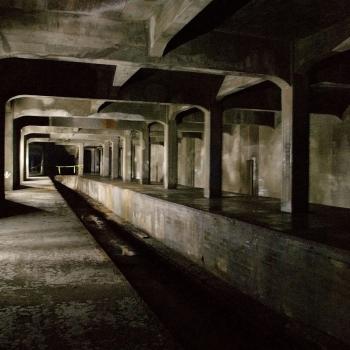takes a few paragraphs to get going but once you’re past the irrelevant personal narrative and into the book report it gets good:
…With zero-tolerance enforcement demanding obedience for its own sake, students become accustomed to being threatened with arrest for minor transgressions; many, eventually, are arrested; they get dragged to the police station and miss class; they accumulate summons and have to spend a day at court; some go to juvenile detention or jail. “The school, where they are by law required to spend most of their day, becomes an auxiliary to the criminal justice system,” writes Nolan. Slippage in the language used to describe school routines, she notes, show how blurry the line has become: Students get “picked up” and “do time”; school personnel “cooperate” with the police, who do “sweeps” of the building. At one point, an officer confidently assures Nolan that the administrators are at the bottom of the school hierarchy, under the private security guards who search bags in the morning. The police, he said, were at the top.
Given all this, it’s hardly surprising that throughout the book, school staff conflates the educational and penal systems. “I think walking through that metal detector every morning completely brings hostility into the building before [the students] even start the day,” laments one veteran teacher, alluding to the school’s intensive security apparatus of surveillance cameras, metal detectors, scanners, guards, and cops. “It makes people feel like they’re walking into a prison.” The faculty too are prisoners in a sense, in some ways as powerless as the young people they are meant to instruct and guide. A teacher impotently confesses to a student cuffed for disorderly conduct, “You’ve been arrested. I can’t get involved. You know those teachers who got arrested. This is the same kind of situation.”
more (probably via Jesse Walker)











